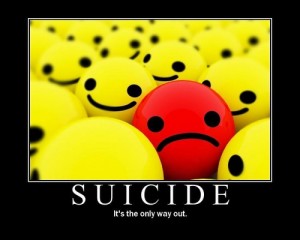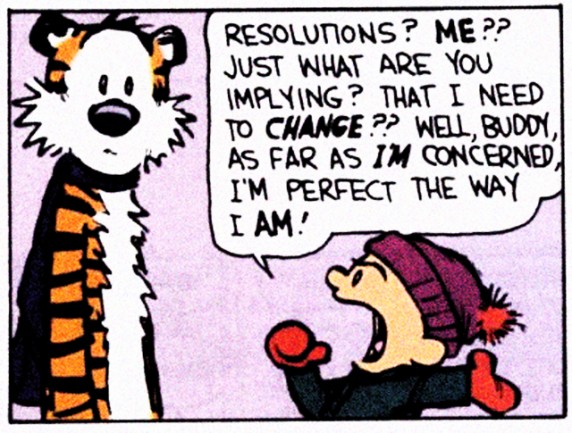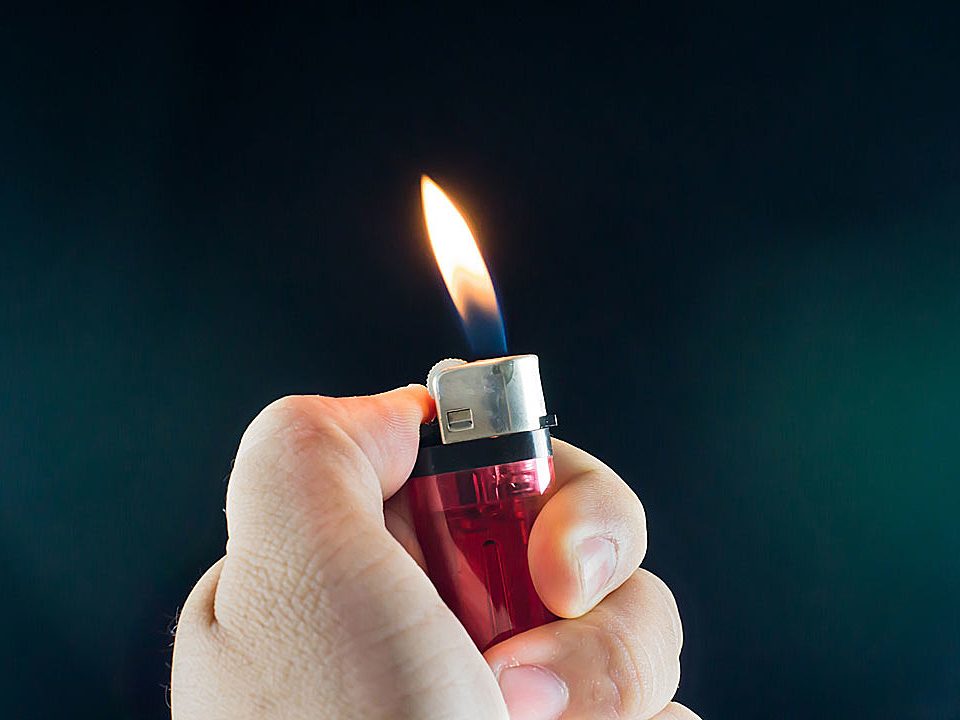A Resolution To Commit Suicide?
A Resolution To Commit Suicide?
 During the 1980s and 1990s, I had the great fortune of working with Herman Heilman, a commercial and industrial real estate appraiser. I was introduced to Herman by my Uncle Tony Couri. Herman and Uncle Tony were good friends who went back a long way – Herman was born in 1904, and Uncle Tony was born in 1912.
During the 1980s and 1990s, I had the great fortune of working with Herman Heilman, a commercial and industrial real estate appraiser. I was introduced to Herman by my Uncle Tony Couri. Herman and Uncle Tony were good friends who went back a long way – Herman was born in 1904, and Uncle Tony was born in 1912.
Prior to introducing me to Herman, Uncle Tony told me that Herman was one of the few businessmen I could always trust to be completely honest with me. Over a period of about 10 years, I utilized Herman’s services in at least a dozen client transactions. In addition to being an expert at valuing commercial and industrial real estate, he was also very knowledgeable about finance and the banking system.
In the mid-1990s, Herman and I had a long conversation about the increasing real estate values. At that time, he made the prediction that there would eventually be a crash in real estate values. His prediction was based on his personal knowledge and experience from living through the Great Depression, which took place in the 1930s (while Herman was in his twenties). Although Herman’s prediction eventually came true, he didn’t live long enough to see it happen. He died in February 2001 at the age of 96.
The last time I saw Herman was in 1999 when I stopped at Wendy’s in East Peoria to grab a sandwich for lunch. When I walked into Wendy’s, I saw Herman sitting alone at a table in the restaurant eating some ice cream.
After I got my sandwich, I walked over to Herman and asked him how he was doing. His response was, “Pretty good for a guy who’s 94 years old.” He didn’t look “pretty good” to me. He looked great! He didn’t have a pound of body fat on him. He was still tall, slim, and good-looking. I looked at him and said, “Herman, if I’m fortunate enough to live to the age of 94, I hope I look just like you.” His face lit up with a smile, and he thanked me for the compliment.
I sat down at his table and we had a lengthy discussion about the lessons he had learned throughout his life. He told me that when he was 24 years old (1928), he lost everything he owned except for some clothes and a few personal belongings, all of which he was able to stuff into a large suitcase. He said his landlord kicked him out of the house he was living in because he had lost his job and didn’t have the money to pay the rent.
Herman then told me something that shocked me. He said that after he got kicked out of the house, he laid his suitcase down on the sidewalk on Jefferson Street in Peoria, sat on it, and narrowed his future down to two options: Option one was to commit suicide. Option two was to go out and use every bit of the power and strength he had within him to find a job and attempt to rebuild his life.
You already know which option he chose.
What Herman did on that dreadful day, when he selfishly contemplated ending his life, was to make a resolution – a resolution to stop feeling sorry for himself and do whatever it took to become a new and better person.
Every January I think about Herman Heilman and remind myself that most people don’t resolve to change their life in a significant way until their world falls apart. What would it take for you to make the changes necessary to become a new and better person? A catastrophic event? A personal crisis? The loss of a loved one? The loss of your job? A divorce?
Don’t put this off any longer. Ask yourself right now: “What do I need to do this year to become a new and better person? What do I need to do to become holier? What do I need to do to prepare myself for my final judgment before God?”
It all starts with a resolution.





